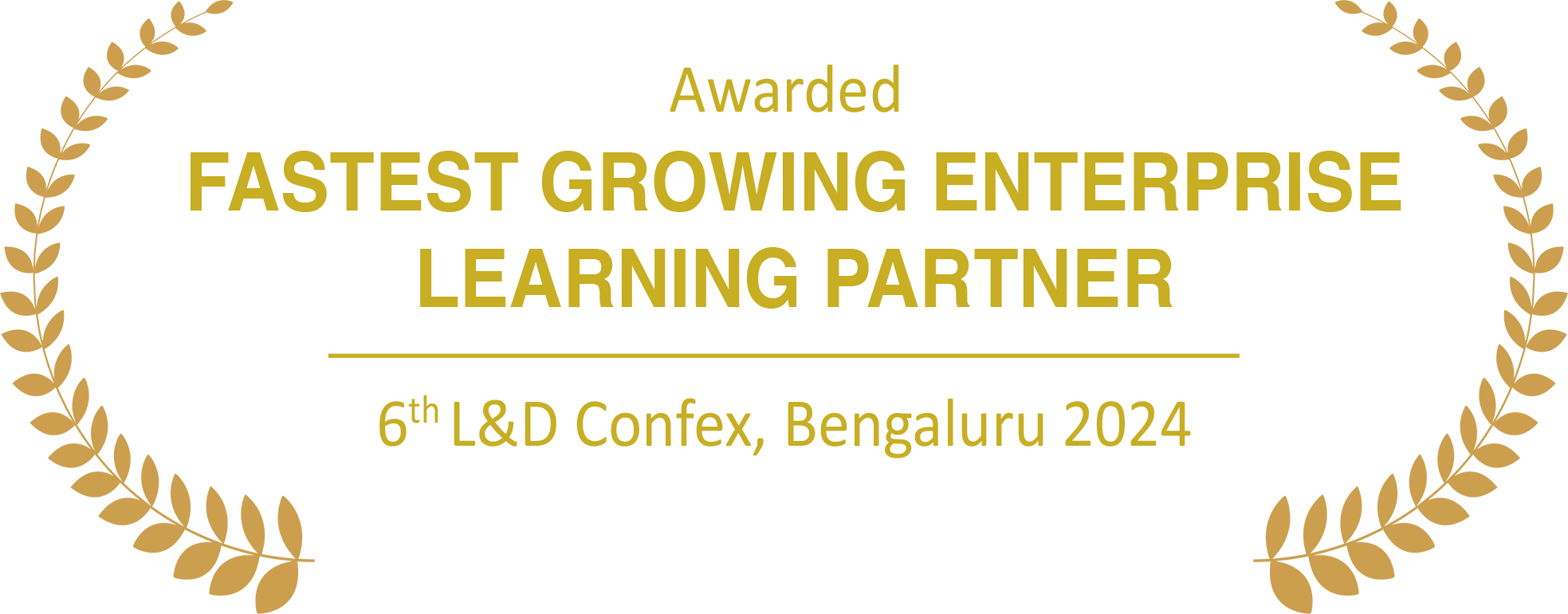
Overview
The Introduction to Python Programming and to Red Hat OpenShift AI course provides a foundational understanding of Python programming and the skills necessary to manage AI/ML workloads using Red Hat OpenShift AI. Through hands-on experience, participants will learn Python syntax, object-oriented programming, data handling, and how to leverage Red Hat OpenShift AI for AI/ML tasks. This course is ideal for data scientists, AI practitioners, and developers looking to enhance their skills in AI/ML development and deployment.

Objectives
By the end of this course, leaner will be able to:
- Understand and apply Python syntax, functions, and data types.
- Debug Python scripts using the Python debugger (pdb).
- Implement Object-Oriented Programming (OOP) and handle exceptions in Python.
- Structure and manage large Python programs using modules and namespaces.
- Learn the architecture and features of Red Hat OpenShift AI for AI/ML workloads.

Prerequisites
- Experience with Git is required for version control and collaboration.
- Experience in Red Hat OpenShift or completion of the Red Hat OpenShift Developer II course is necessary.
- Basic AI/ML knowledge is recommended, including a foundational understanding of AI, data science, and machine learning.
- Familiarity with Python is helpful, though not required.
- Ability to set up and configure the Python development environment is needed.

Course Outline
- Introduction to Python and setting up the development environment.
- Basic syntax, semantics, and language components.
- Decomposing programs into functions for modular code.
- Organizing code using modules for flexibility and reuse.
- Exploring OOP with classes and objects.
- Implementing exception handling to manage runtime errors.
- Overview of Red Hat OpenShift AI architecture and key features.
- Introduction to AI/ML workload management on OpenShift AI.
- Organizing AI/ML code using data science projects and workbenches.
- Executing and testing code interactively with Jupyter Notebooks.


 Projects
Projects Assignments
Assignments






